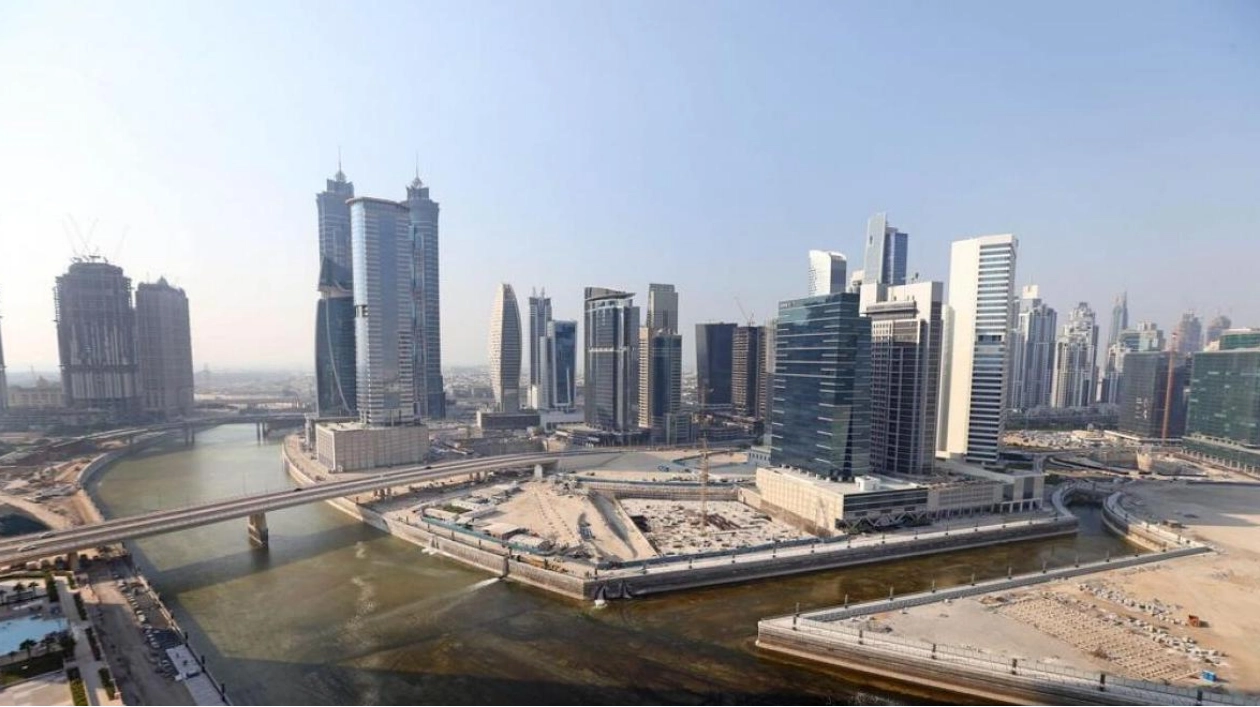Dubai's office market showed strong resilience and growth in the second quarter, according to two separate studies released on Tuesday. The market's performance is driven by a robust economic recovery and high business confidence in the region's economic prospects, as highlighted in JLL's UAE Real Estate Market Overview for Q2 2024. The report noted that Dubai's office market added 20,000 square meters to its gross leasable area (GLA), bringing the total to approximately 9.26 million sq. m. This new stock included Grade A offices delivered in Umm Ramool, with a further 18,000 sq. m. expected in the next two quarters.
In Abu Dhabi, the office stock remained stable at 3.95 million sq. m, with only 7,500 sq. m. delivered. However, an additional 125,000 sq. m. is planned for completion in the second half of the year. Meanwhile, Dubai's commercial real estate market saw a slight decline in transaction volume, with a 2 per cent decrease year-over-year, according to Betterhomes' commercial real estate report. The total sales value also dropped by 6 per cent year-over-year, reflecting adjustments in property pricing or transactional volume.
The office segment in Dubai has shown overall growth but has faced a supply crunch, particularly for Grade A spaces. Transactions increased by 1 per cent from Q2 2023 to Q2 2024, while sales value surged by 17 per cent. The supply constraint has led to a seller's market, with landlords imposing strict terms such as single cheque rent payments and no break clauses. Betterhomes' data revealed that Business Bay dominated office transactions with 43 per cent, followed by Jumeirah Lakes Towers (JLT) with 32 per cent.
The average selling price for secondary office spaces in Dubai reached an all-time high of Dh1,364 per sq ft, a 22 per cent increase year-over-year. This reflects strong demand and limited availability of high-quality office spaces. Rental rates for Grade A offices in Dubai's CBD surged by 15 per cent year-on-year, reaching Dh2,630 per sq. m. per annum, while vacancy rates dropped to eight per cent. In Abu Dhabi, Grade A rents rose by 10 per cent to Dh2,085 per sq. m. per annum, with vacancy rates falling to 21 per cent.
Faraz Ahmed, Research Director at JLL MENA, noted that new commercial real estate projects in Dubai and Abu Dhabi aim to alleviate supply constraints and meet growing demand for quality, sustainable office spaces. The retail market in Dubai also saw a surge in rental rates, with a 16 per cent increase year-on-year in primary and secondary malls. No new retail completions were recorded, but additional space is expected in the second half of the year.
The hotel sector in both Dubai and Abu Dhabi experienced strong performance despite the slower summer season. Dubai saw a 10 per cent increase in international visitors year-to-date May, and hotel performance indicators grew significantly. The industrial market in the UAE also showed resilience, with warehouse rents in Dubai rising by 14 per cent year-on-year. New projects and expansions were announced to meet the demand for quality industrial assets.
A notable trend in Dubai's office market is the emergence of pre-leases, where tenants secure office space before it becomes available. This trend highlights the limited availability of Grade A spaces and reflects a shift in tenant behavior towards securing prime locations and facilities in advance.






